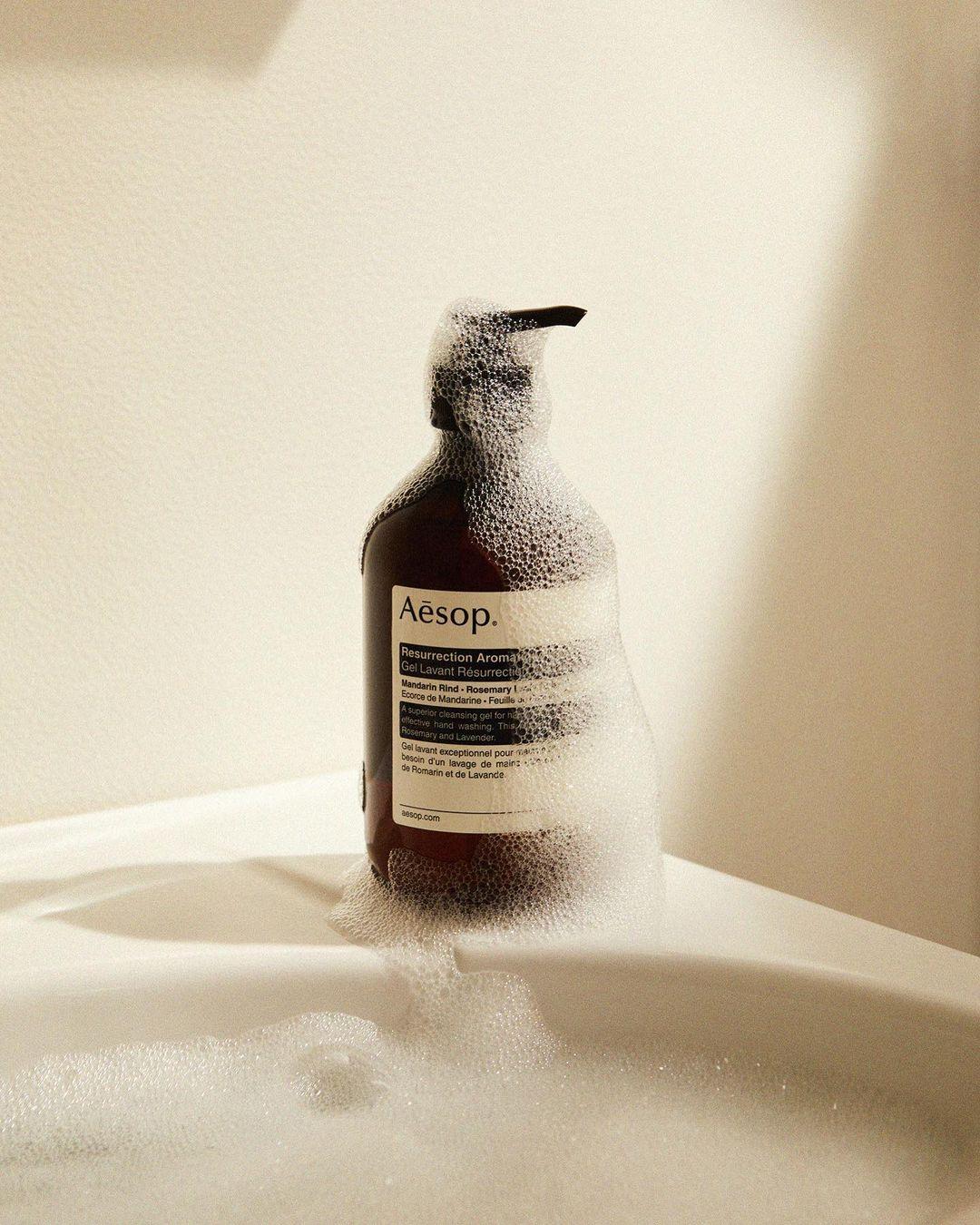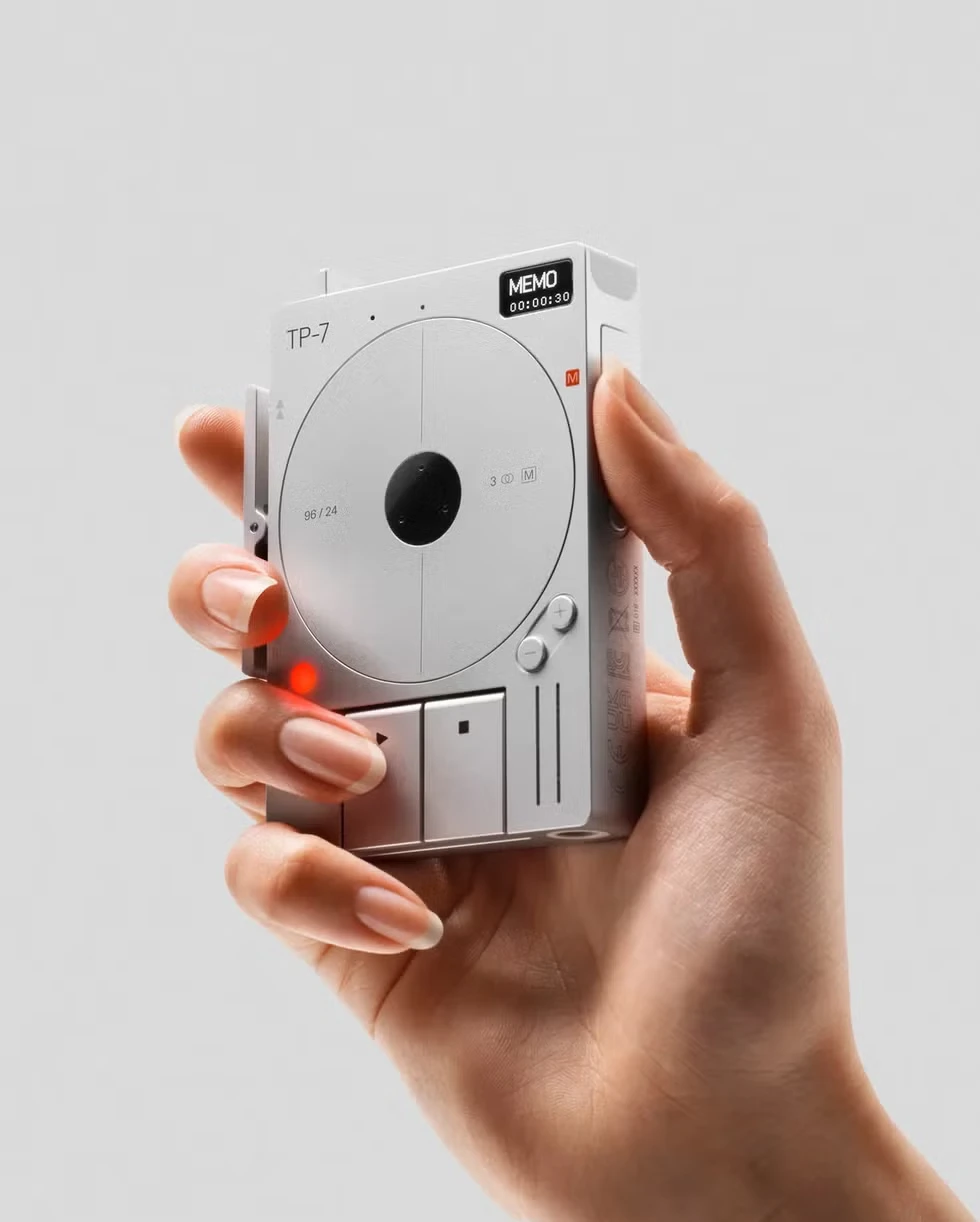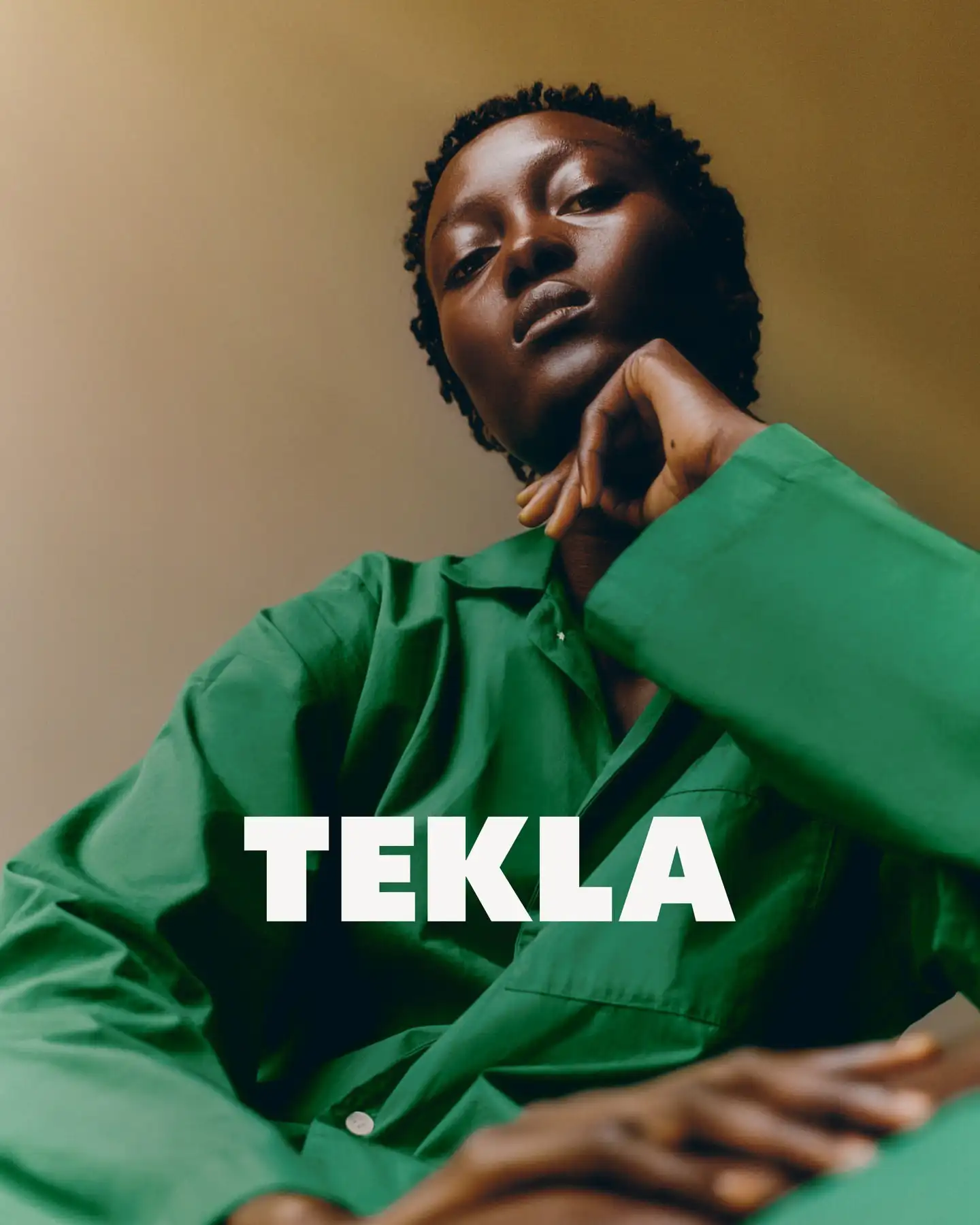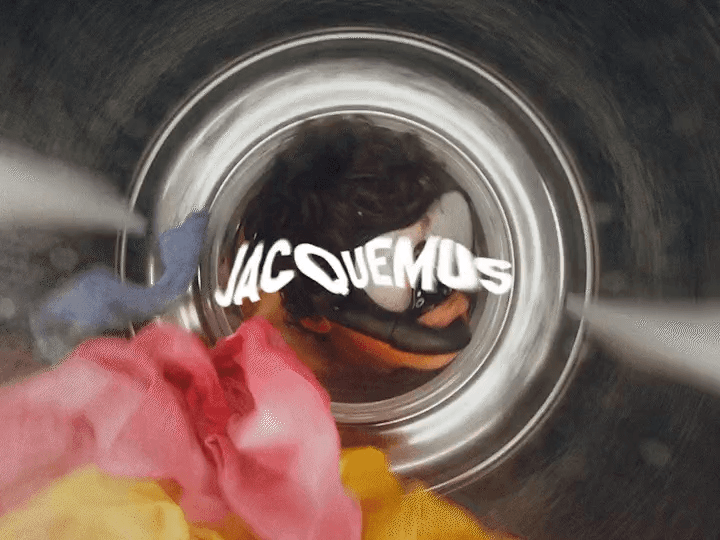Branding
How Aesop has reshaped the industry

13.06.24
/
6 min.
by
Amir Hamidi
Share Article
How Aesop Has Reshaped the Industry
When we think of luxury skincare today, Aesop immediately comes to mind. But the Australian brand has done more than just create products; it’s redefined what beauty brands can be. From its distinct packaging and store designs to its ingredient-driven formulations and storytelling, Aesop has taken the beauty industry in a completely new direction—one that prioritizes experience and authenticity over mass-market appeal. But how exactly has Aesop managed to reshape the beauty industry? Let’s explore the key factors behind its success.
A Unique Approach to Branding and Packaging
One of Aesop’s most recognizable aspects is its minimalist, apothecary-style packaging. In an industry where bright colors and bold fonts typically dominate store shelves, Aesop has stood out with its clean, understated brown bottles, often with simple black-and-white labels. This stark, elegant design immediately positioned the brand as one for those with discerning tastes—a brand that rejected the flashy in favor of the refined.
But Aesop’s unique branding isn’t just about aesthetics. The brand’s packaging also hints at what lies beneath: well-researched, high-quality formulations designed to promote skin health. This blend of minimalist packaging and science-backed products helped Aesop distinguish itself as a premium, thoughtful brand. It spoke to consumers who value design and efficacy, making it an aspirational choice for skincare lovers around the world.
This design-first thinking didn’t just stop at the products themselves. Aesop’s stores, from New York to Tokyo, are all architectural marvels, each uniquely designed to reflect the local environment. By treating each retail space as a work of art, Aesop redefined the beauty shopping experience, creating spaces that feel more like high-end galleries than typical beauty counters.
Revolutionizing the Shopping Experience
Beyond the aesthetics of its stores, Aesop reshaped how consumers shop for beauty products. Instead of overwhelming customers with endless options, Aesop’s approach is grounded in simplicity. Walk into any Aesop store, and you’re likely to be greeted by knowledgeable staff who take the time to understand your skin concerns before recommending a product. This personal, attentive service is a marked contrast to the often impersonal and hurried experience found at many beauty retailers.
Aesop also reimagined how beauty products are displayed and sold. Their stores often forgo traditional shelving in favor of custom-designed sinks, inviting customers to test products in a more intimate, tactile way. This focus on sensory experiences—touching, smelling, and feeling—has helped create a deeper emotional connection between the brand and its customers. In this way, Aesop made the act of purchasing skincare feel less like a transaction and more like a ritual of self-care.
Commitment to Authenticity and Integrity
In an age where consumers are increasingly skeptical of mass-produced, over-marketed beauty products, Aesop’s commitment to authenticity has been a refreshing change. Rather than relying on celebrity endorsements or glossy advertising campaigns, Aesop has built its brand on trust and transparency. The brand’s focus on ingredients is central to its identity. Their formulations are rooted in plant-based ingredients, backed by rigorous research, and aimed at promoting healthy skin rather than chasing quick fixes.
This integrity also extends to how Aesop communicates with its audience. Aesop avoids the typical marketing hyperbole often seen in the beauty industry. There’s no promise of miracle results overnight or exaggerated claims of youth restoration. Instead, Aesop emphasizes consistent care and wellness, encouraging consumers to view skincare as a long-term investment in their well-being.
By focusing on integrity and substance, Aesop has successfully attracted a loyal, discerning customer base that appreciates the brand’s honest approach. In a crowded market filled with over-promising brands, Aesop’s authenticity has been a breath of fresh air.
Other Articles
More to read


